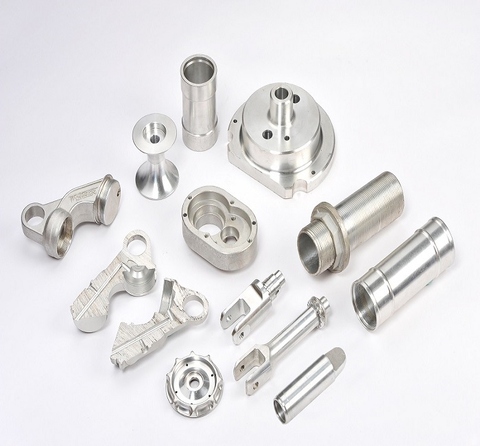The acquisition of precision plastic molds can be zinc castings a difficult task for the personnel responsible for procurement. This is not only due to the fact that the price of precision plastic molds is extremely high, but also due to the complexity of precision plastic molds; in order to determine whether a plastic mold supplier is capable of undertaking project capabilities, professional knowledge and extensive experience are required. This is due to the fact that the price of precision plastic molds is extremely high.
So, what categories of manufacturers of plastic molds have a strong standing in the industry?Observing the quality inspections that take place immediately after putting materials into storage, during production, and at the end of production, as well as the random sampling and pre-shipment inspections, can provide you with a good idea of what the quality control process entails. Working with a plastic mold manufacturing company that doesn't appear to have any kind of quality management system presents a number of risks.
The manufacturing of precise molds relies heavily on people in addition to the most modern numerical control equipment. Technicians who are experts in their field operate precision equipment so that other professionals and their tools can make the most of it. A team that is qualified will look at the bigger picture, challenge your thinking, and suggest adjustments that are necessary to help. A successful plastic mold design requires the expertise of seasoned engineers. The manufacturing of precise molds relies heavily on people. The design of a successful plastic mold requires the expertise of seasoned engineers.
Plastic mold factories that do not perform custom machine maintenance do not inspect or calibrate their machines. The prompt response of sales personnel and the cooperation of sales personnel who are able to accurately solve technical problems are the foundation that can measure the mastery of the core business skills of a company such as plastic mold, and they can ensure that your particular needs and concerns are properly understood and addressed. Your project is vulnerable to a number of potential risks as a consequence of this, including an increased likelihood of defects, the possibility of rework, as well as costly shipping delays and overall production costs.
Plastic mold manufacturers who do not keep production, quality, or traceability records are unable to determine how many defects occurred in each stage of the production process, what kind of defects occurred, or where these defects took place. Controlling the process of purchasing materials In general, the quality of the plastic parts that are manufactured is closely related to the materials that make them up. Traceability records can be used to determine where a defect took place. When the process of purchasing materials is managed carefully, only suppliers of the highest possible quality can be chosen.

Is it common practice for precision molds to be assembled using a variety of component parts?
.jpg)
Is it common practice for precision molds to be assembled using a variety of component parts?.
In general, precision molds are made up of a large number of components, which can be broken down into two distinct types: structural components and process components. When it comes to the finishing stage of the processing of precision mold parts, in addition to using slow wire cutting, EDM, and other technical means, one additional method is to use, after semi-finishing, Heat treatment based on grinding. In general, precision molds are made up of many components, which can be broken down into two distinct types: structural components and process components. After the semi-finishing stage comes this method, which is used to finish the product.
When processing precision mold parts with grinding, it is necessary to control a large number of technical parameters, including deformation, internal stress, shape tolerance, and dimensional accuracy of the parts. The production practice in question calls for die casting mould a more difficult operation to be carried out. From the finishing process of the mold to the control of the processing of precision mold parts, we are able to carry out adaptive processing for different mold parts, d. This begins with the finishing process of the mold and continues through the control of the processing of precision mold parts. The typical steps involved in the processing of precision mold parts are rough machining, semi-finishing, (quenching, quenching and tempering), precision grinding, electric machining, fitter repair, and assembly processing.
When selecting a machining center, it is important to take into account the dimensions of the mold in terms of both the size and the stroke of the table on the machining center. At the same time, both the method of clamping and the amount of space that is necessary for clamping ought to be taken into consideration. When working with large molds, it is important to take into account the substantial weight that will be placed on the workbench. The following types of objects are processed by machining centers:.







Comments (0)